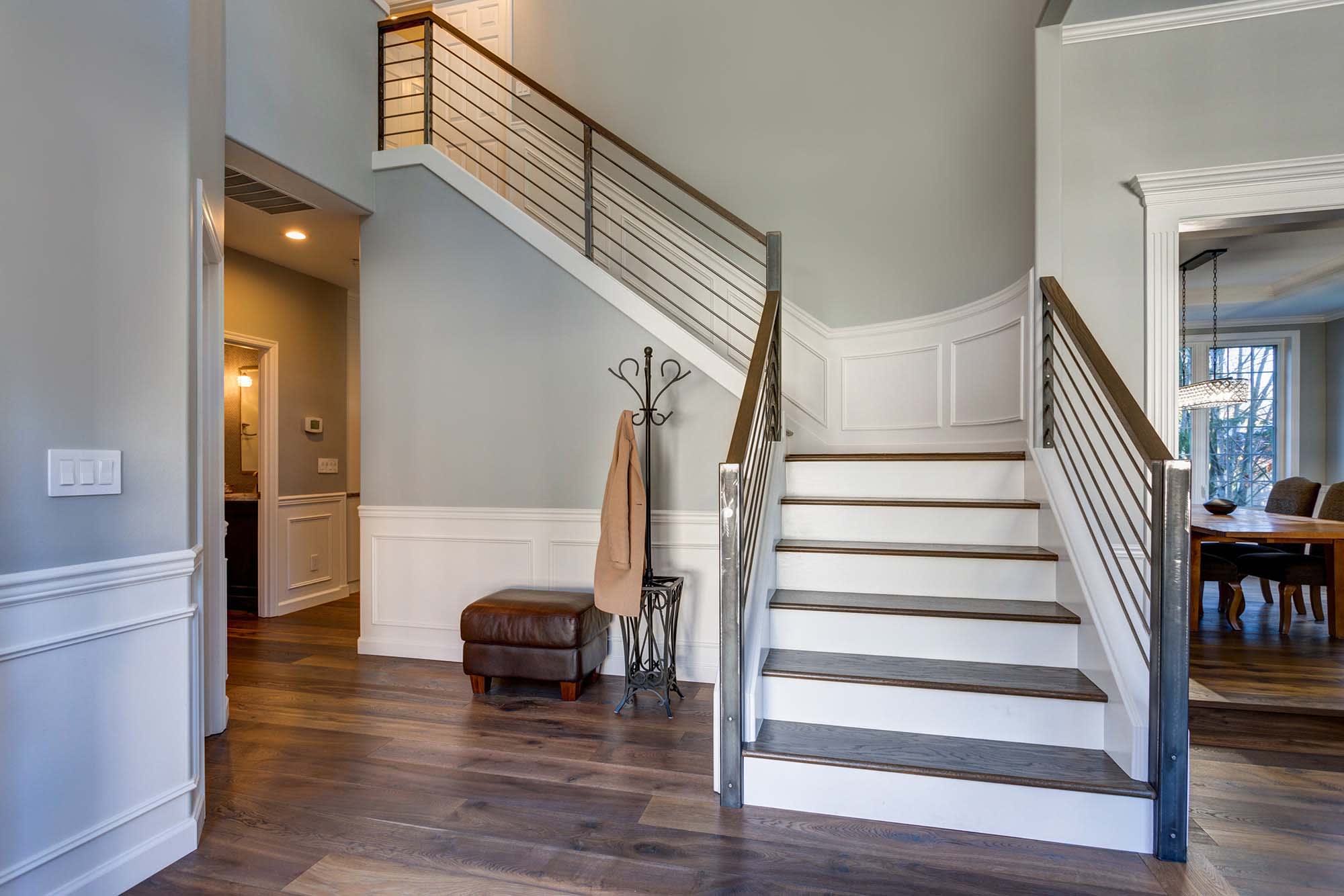
Wood Floors & Water Damage
Restore the beauty of your home with expert solutions for water-damaged hardwood floors in Denver, CO, and surrounding Areas. Contact us today!

Restore the beauty of your home with expert solutions for water-damaged hardwood floors in Denver, CO, and surrounding Areas. Contact us today!

Learn the best techniques on how to clean wood floors in Denver, CO & surrounding areas. Contact us for expert tips on maintaining your wooden floors.

Explore the nuances of engineered wood flooring vs hardwood in Denver, CO & surrounding areas. Discover the perfect flooring for your home & lifestyle.

Uncover the secrets to achieving a stunning & durable finish for your wood floors with our floor refinishing services in Denver, CO & surrounding areas.
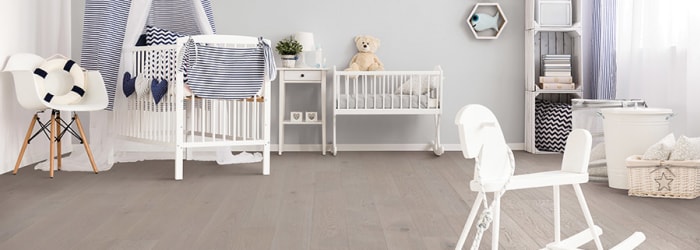
Converting Carpet to Hardwood Flooring in Denver, COIf your home’s carpets are looking tired and old, then contact A+ Hardwood Floors. We have been helping homeowners in Denver and Centennial, Colorado transform the look of their home by...
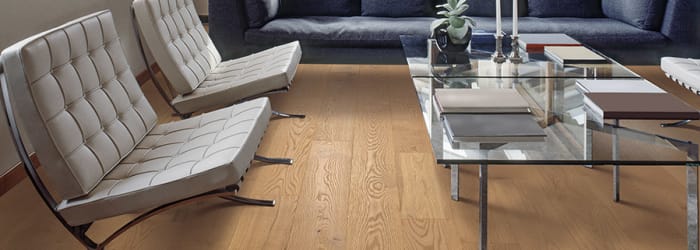
Hardwood Floor Scratch Repair Tips From A+ Hardwood FloorsHave scratches compromised the beauty of your hardwood floors? Don’t let excessive scratches ruin your enjoyment of your hardwood floors or the resale value of your home. Depending on the...

A+ Hardwood Floors Offers Tips for Wood Flooring Seasonal CareMost homeowners understand how humidity levels and indoor temperatures affect their comfort, but have you ever stopped to wonder how the weather affects your hardwood floors? Colorado’s...

Why Wood Floors Are a Great OptionHardwood floors are a feature many home buyers look for, but unfortunately you can’t always find a home with all the features you want, which means you may have to install these floors yourself. Though the initial...
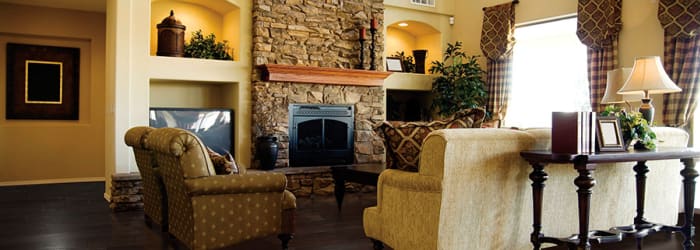
Using Danish Oil on Wood FloorsThere are many ways to finish a hardwood floor. Danish oil is the preferred choice for A+ Hardwood Floors. On maple wood flooring, it provides a beautiful shine without making the floor slippery and dangerous. You...
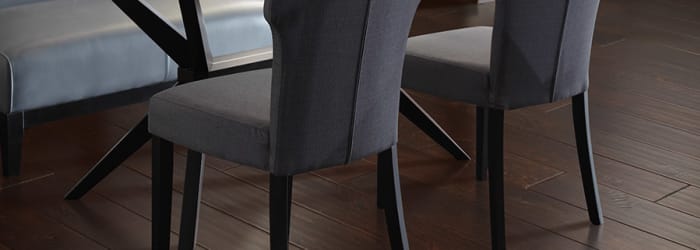
A+ Hardwood Floors Helps You Choose the Best OptionHardwood flooring is incredibly popular flooring option due to its beauty, durability, and natural aesthetic. And the best part is hardwood flooring still offers you a variety of options, which...